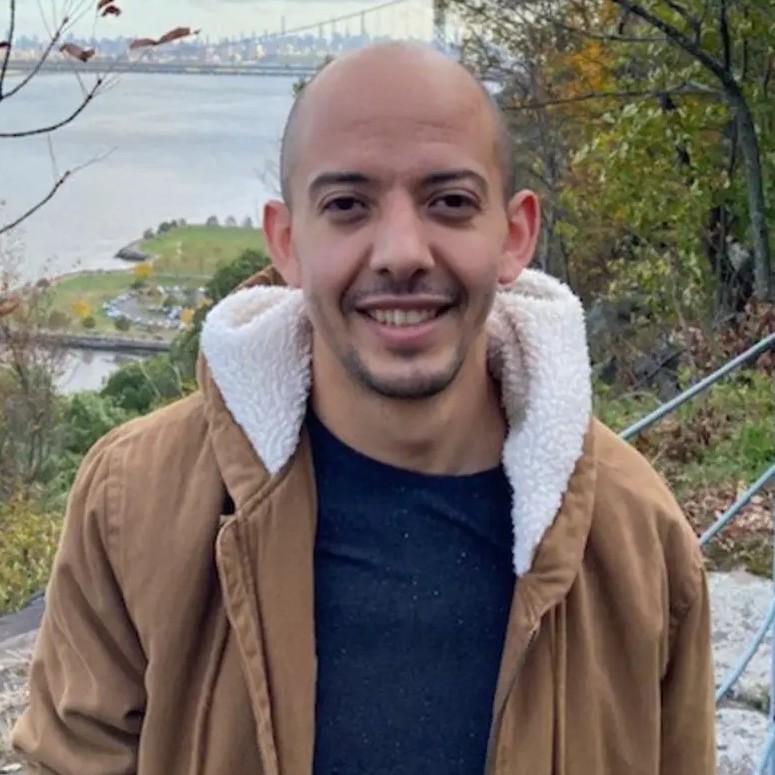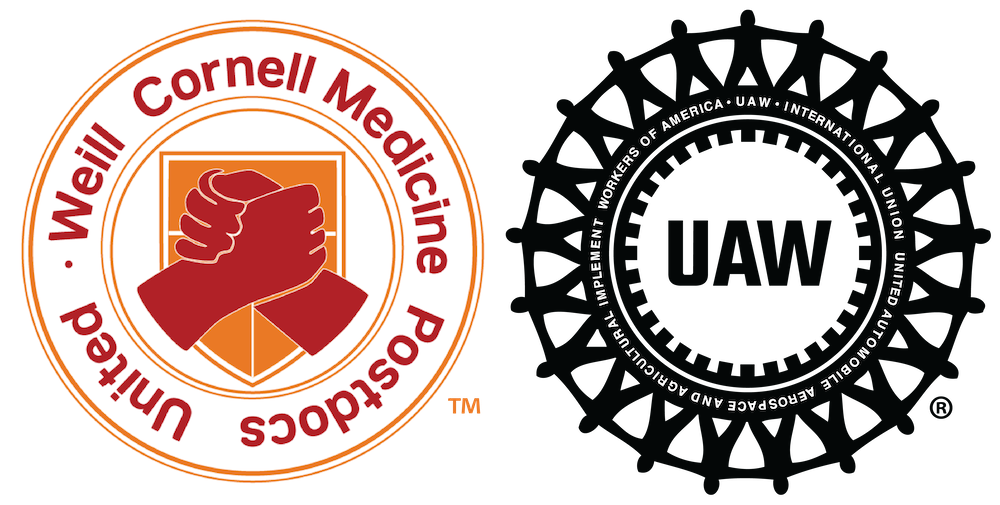About us

Krithika Karthigeyan
Postdoctoral Associate
Pediatrics
As postdocs, we make a significant contribution to the exciting and groundbreaking research happening at Weill Cornell. We do this while living in one of the highest cost-of-living areas in the world, with immigration uncertainties for international postdocs, and inadequate housing access among many other issues. Although these pressures make it increasingly difficult to recruit postdocs, Weill Cornell has chosen not to compensate us fairly for the important work that we do. I strongly support the formation of a postdoc union at Weill Cornell so that we can bargain for equitable pay that matches our contributions, among other improvements for postdoctoral associates in our community.

Jonathan Ma
Postdoctoral Associate
Biochemistry
As a researcher I investigate how macrophages transform into foam cells during the development of atherosclerosis. I relocated from Toronto, Canada to New York City with the intention of advancing my career in academia. However, insufficient help with often complex and unfamiliar visa procedures can cause stress and financial costs that make focusing on research much more difficult.Through the establishment of a union, we can collectively advocate for more support for international postdocs when we first arrive in NYC, so we can adjust to our new home and excel in our research and scholarly pursuits. I fully support the unionization of postdoctoral fellows at Weill Cornell Medicine so we can more effectively address visa issues, discrimination, and inadequate rent support in this vibrant city.

Chelsea Crooks
Postdoctoral Associate
Pediatrics
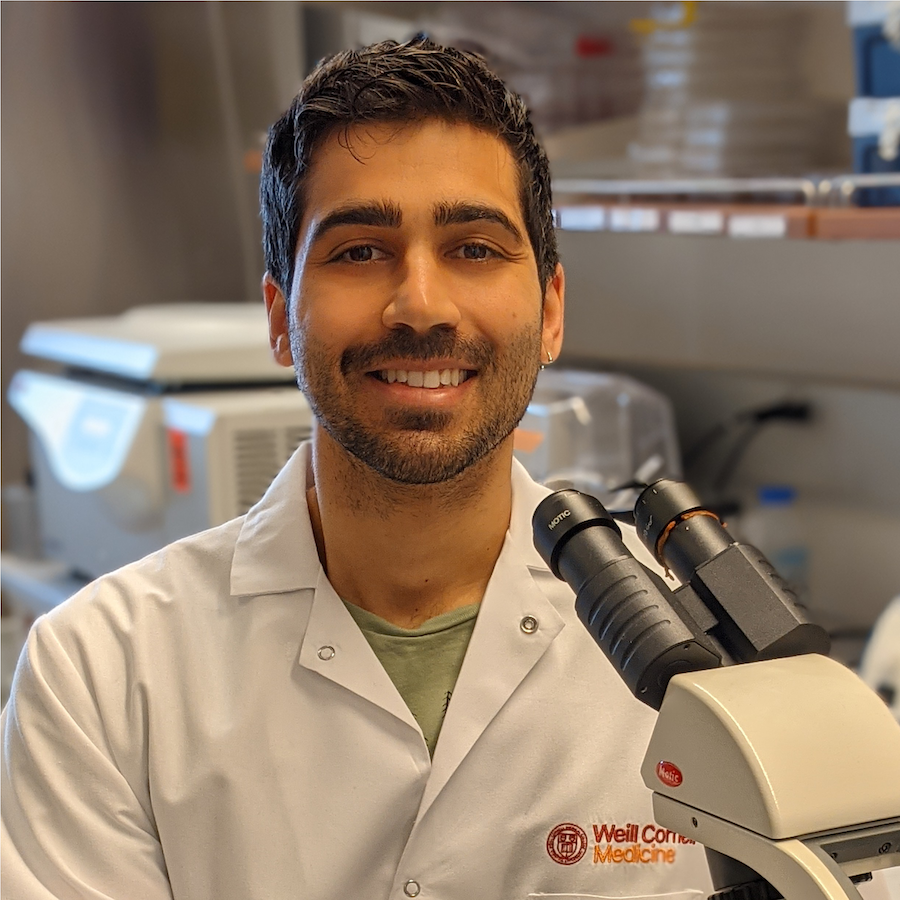
Juan Rodríguez Alcázar
Postdoctoral Associate
Pediatrics

Fernanda Subtil
Postdoctoral Associate
Medicine
I moved to the U.S. as a postdoctoral researcher in 2022 because of the respect American institutions have world-wide. However, the lack of better opportunities and rights for postdocs has led to a trend of talented researchers moving away from academia. The massive gap in work-life balance and benefits between an academic career and industry in the US is staggering. I believe that having a union will provide more power to negotiate for a fair contract with the institution. When our efforts come to fruition, we would have contributed more to the scientific community than any paper could ever do in my opinion – as we would have provided a more attractive position so that young scientists can continue choosing academia.

Sara Bernardo
Postdoctoral Associate
Medicine
I love my job and the lab I work in. Despite this, I was raised with the saying “never settle, always try to make things better if you can”. I soon realised how many issues postdocs face, from visa issues to low salaries, and how difficult it is to be heard without the ability to represent ourselves effectively. Therefore, I fully support the unionisation of postdocs in WCM. In my opinion, this is the best way to fight for our rights and to improve our lives as postdoctoral fellows.
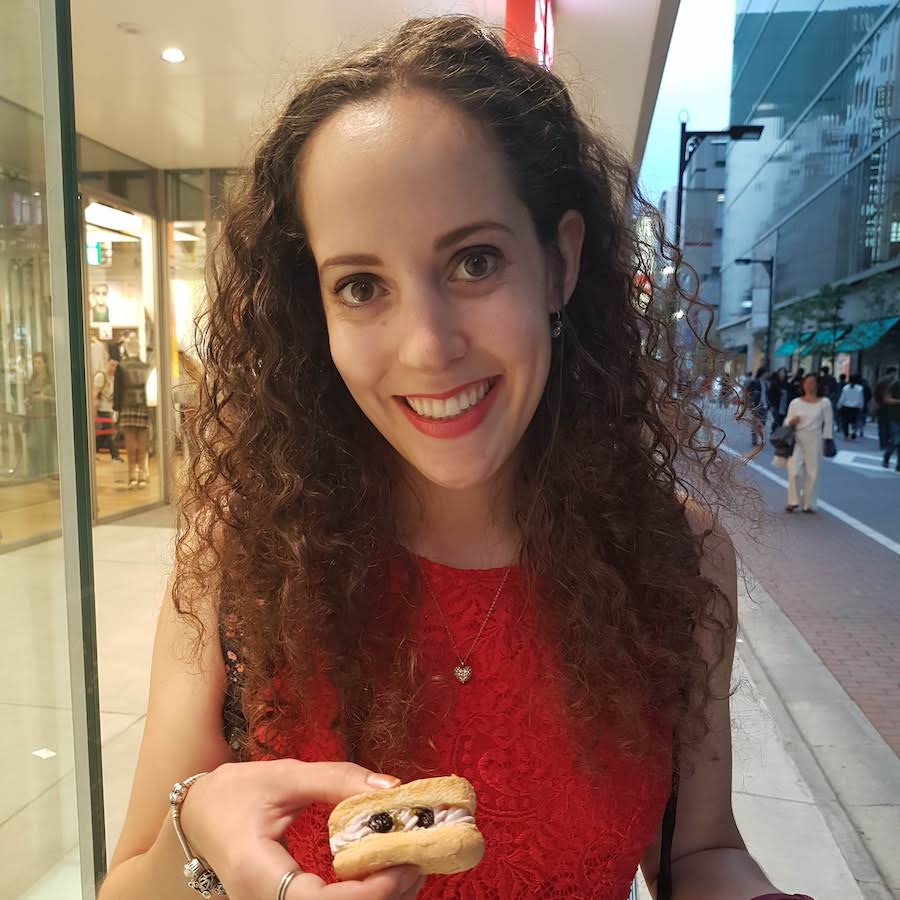
Valerie Vinette
Postdoctoral Associate
Microbiology & Immunology

Akshay Vishwanatha
Postdoctoral Associate
Medicine
As a majority-international workforce of researchers upholding the quality of WCM’s research, we encounter low salaries amid rising living costs, minimal parental benefits, immigration and visa complexities, and prolonged years of postdoctoral training with limited faculty prospects. While I have a supportive PI, many are not so lucky and receive minimal assistance to alleviate these burdens. This lack of support can adversely affect morale and research productivity, leading many postdocs and graduates to pursue opportunities outside academia. Establishing a postdoc union would enable us to negotiate improved salary and benefits reflecting current financial conditions, as well as streamline rules and regulations to facilitate a seamless transition for postdocs coming to the US, so we can concentrate on our primary pursuit: Scientific Research.

Irem Atasoy
Postdoctoral Associate
Anesthesiology
I believe that better science can be achieved with a healthier work environment and the ability to share ideas and concerns with transparency. However, right now the lack of stability and predictability we experience in our positions makes it more difficult to foster this kind of free and open environment. I support having a Union so we can build a stronger and freer voice to improve everyday lives as postdocs.
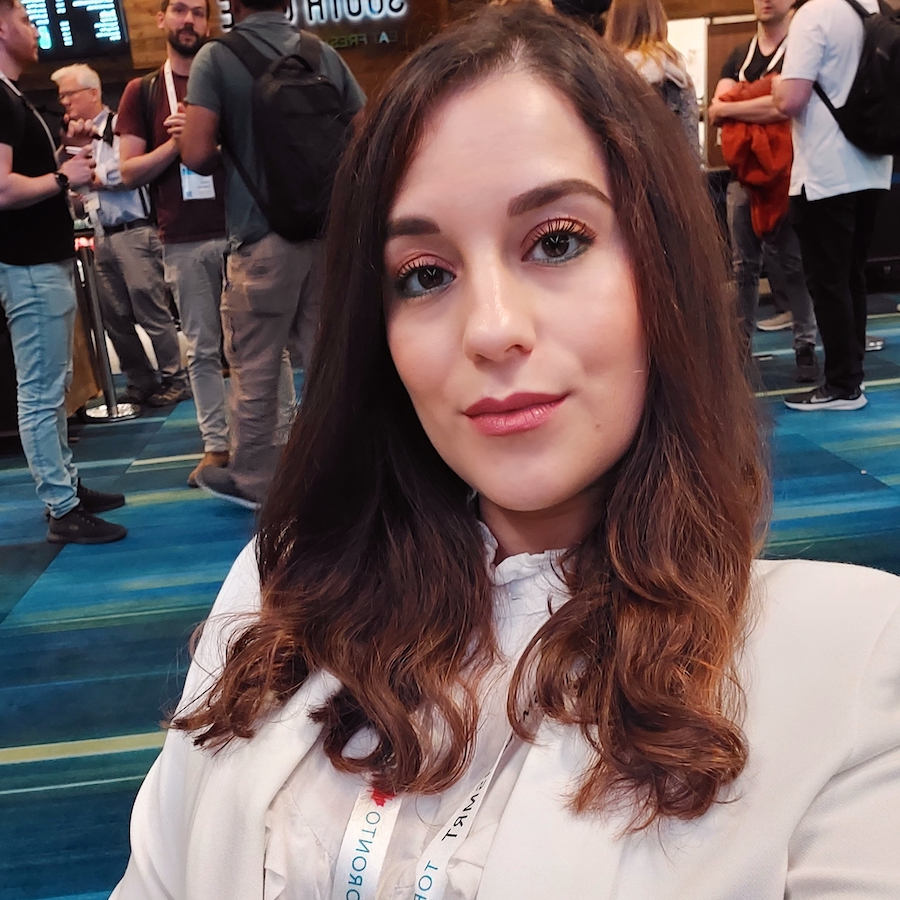
Emilie Khalfallah
Postdoctoral Associate
Radiology
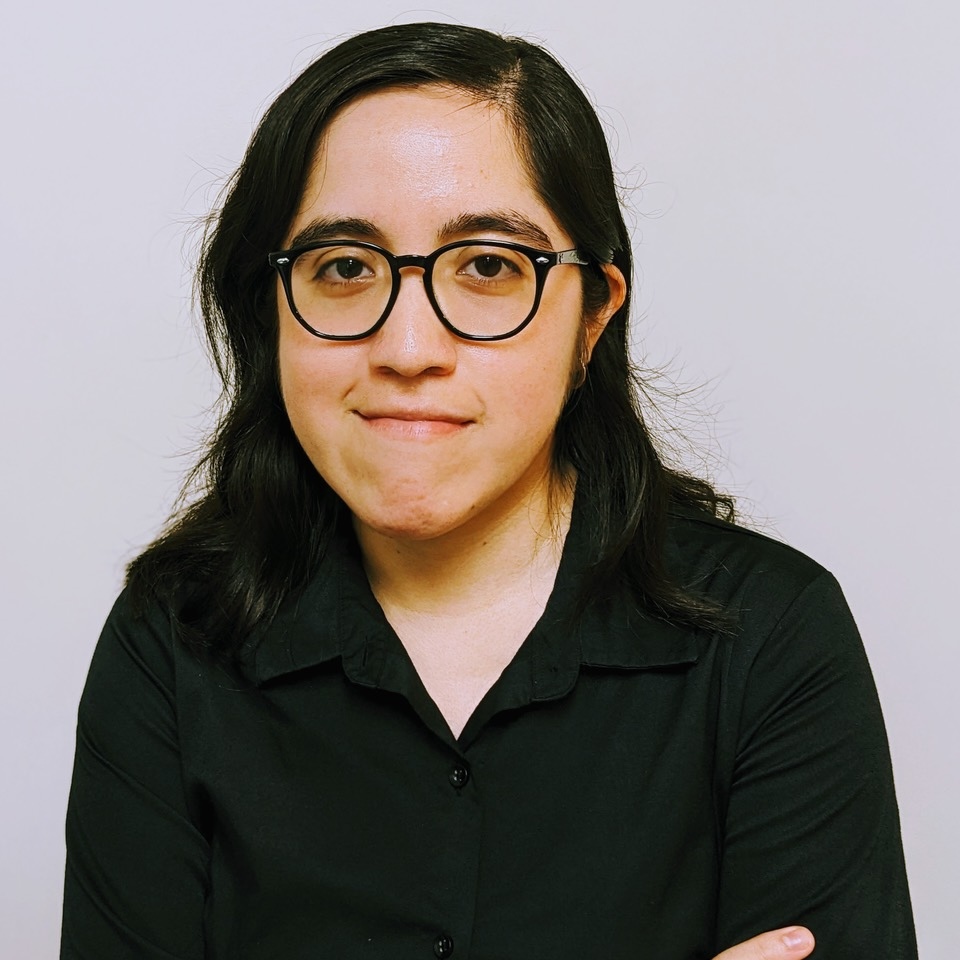
MARIELA CORTÉS LÓPEZ
Postdoctoral Associate
Medicine
I joined Weill Cornell in 2022 to pursue my scientific interests and the opportunity to work in a stimulating scientific environment. Although New York City offers all that and more, I initially had concerns about the high cost of living in the city. Drawing from my experience during my PhD in Germany, where I learned the importance of advocating for fair contracts in science and the significance of improving work conditions alongside our scientific endeavors, I made the decision to help organize the union. My aim is to support efforts to improve salaries and benefits for all postdocs. Despite being a renowned institution, Weill Cornell currently lags behind other institutions in NYC when it comes to fair working conditions for its postdoctoral community. I hope that our collaborative effort contributes to creating a more equitable and supportive environment for all postdocs in our community.
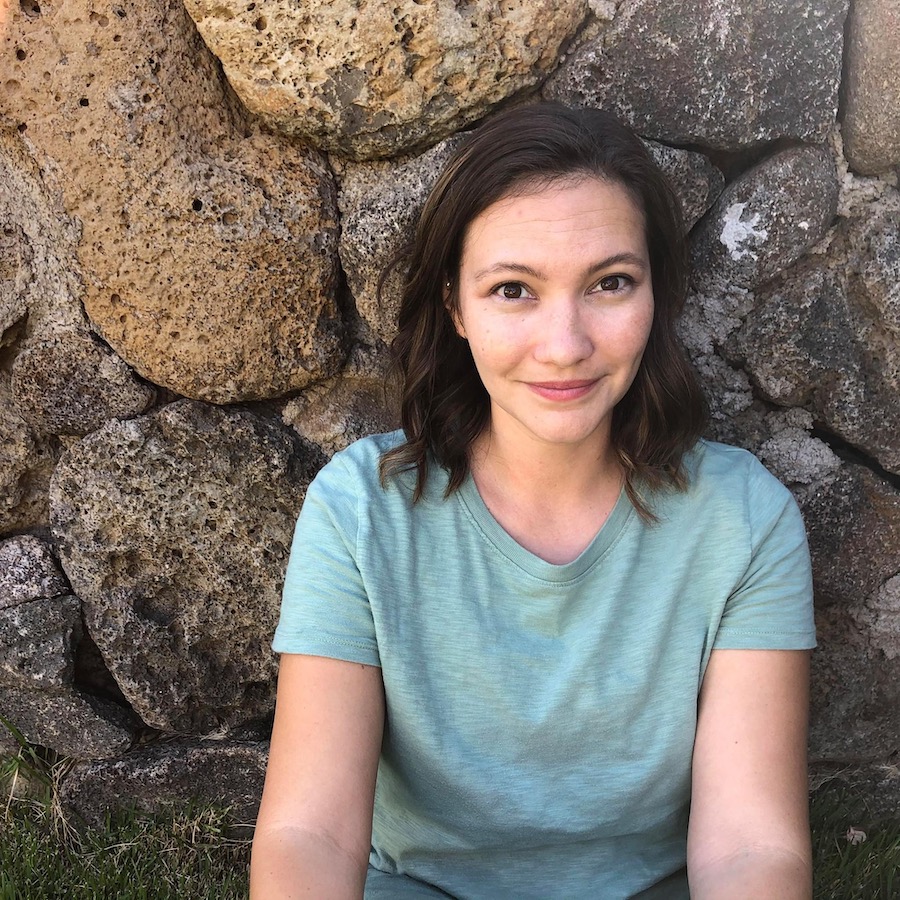
Caitlin Williams
Postdoctoral Associate
Pediatrics
The wages offered by Weill Cornell are not sufficient for supporting a family in New York City, nor do they reflect the extensive academic training and expertise of a postdoctoral position. As a mother and a scientist I believe it is crucial to support our positions with comprehensive wages and benefits such as access to low cost childcare. By forming a union, we can have a bigger voice as researchers to advocate for these and other policies.
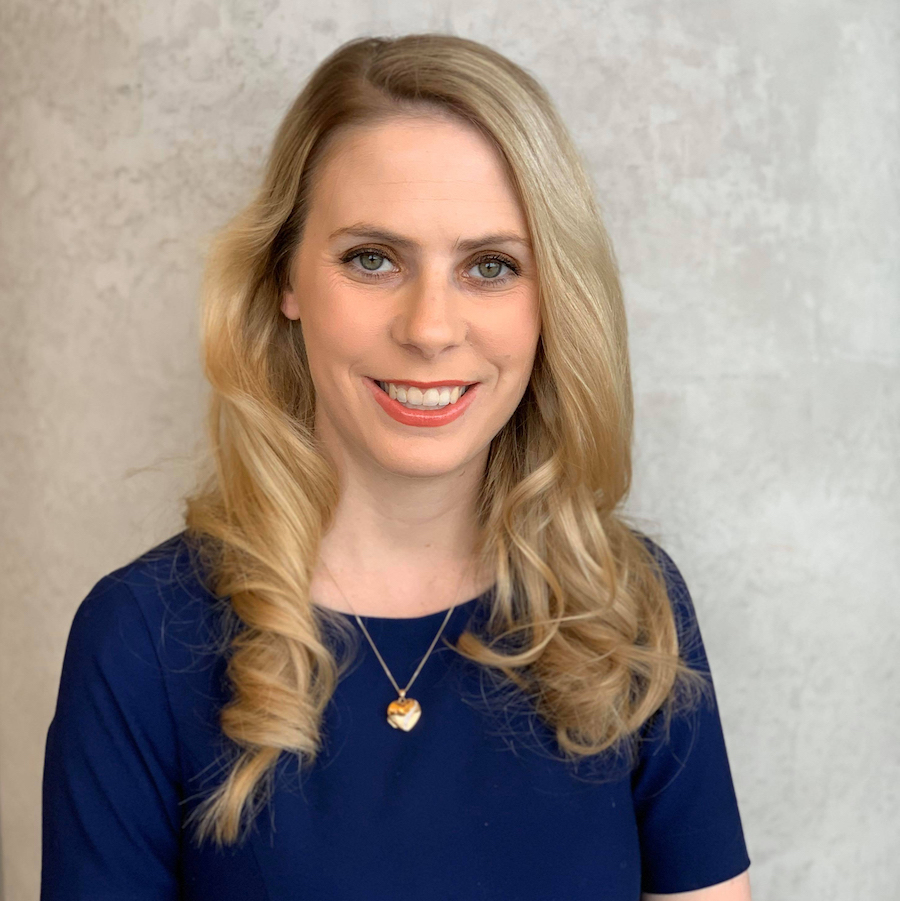
Marie Parsons
Postdoctoral Associate
Medicine
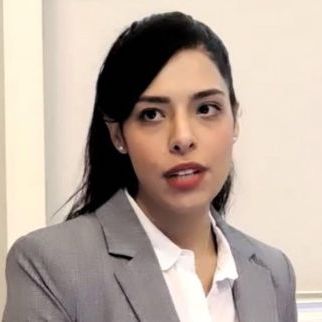
Shadi Azam
Postdoctoral Associate
Population Health Science
After moving to the U.S. last year after 18 years living in Finland, I realized that there is a massive gap in work – life balance and benefits between the academics and scientists in industry. Since I joined Weill Cornell Medicine, I have advocated for our rights and well-being as researchers – and I’m confident that we could do even more to enhance the everyday lives of postdocs if we had the ability to negotiate as equals with the Weill Cornell administration through a union.
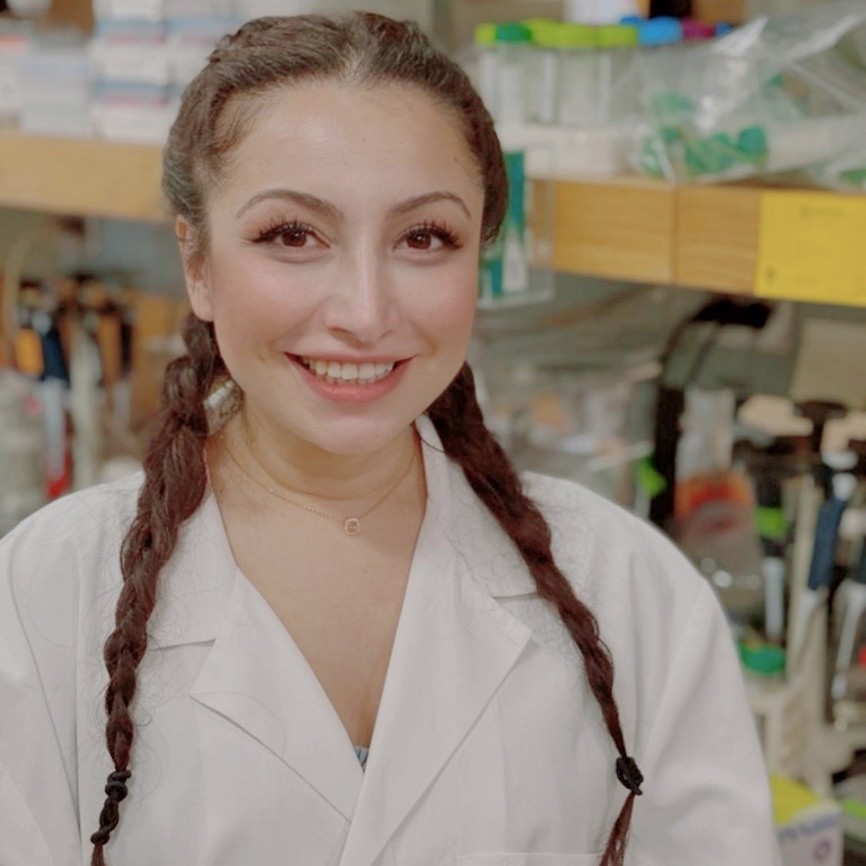
Zuhal Eraslan
Postdoctoral Associate
Dermatology
I support unionizing to have a bigger voice for postdocs to address insufficient financial support from the institution. Unfortunately, postdocs are often underpaid, although we work long hours and significantly contribute to science. With the strength of unity, we can speak with one voice as postdocs in order to raise standards and improve the quality of life of researchers at Weill Cornell Medicine.
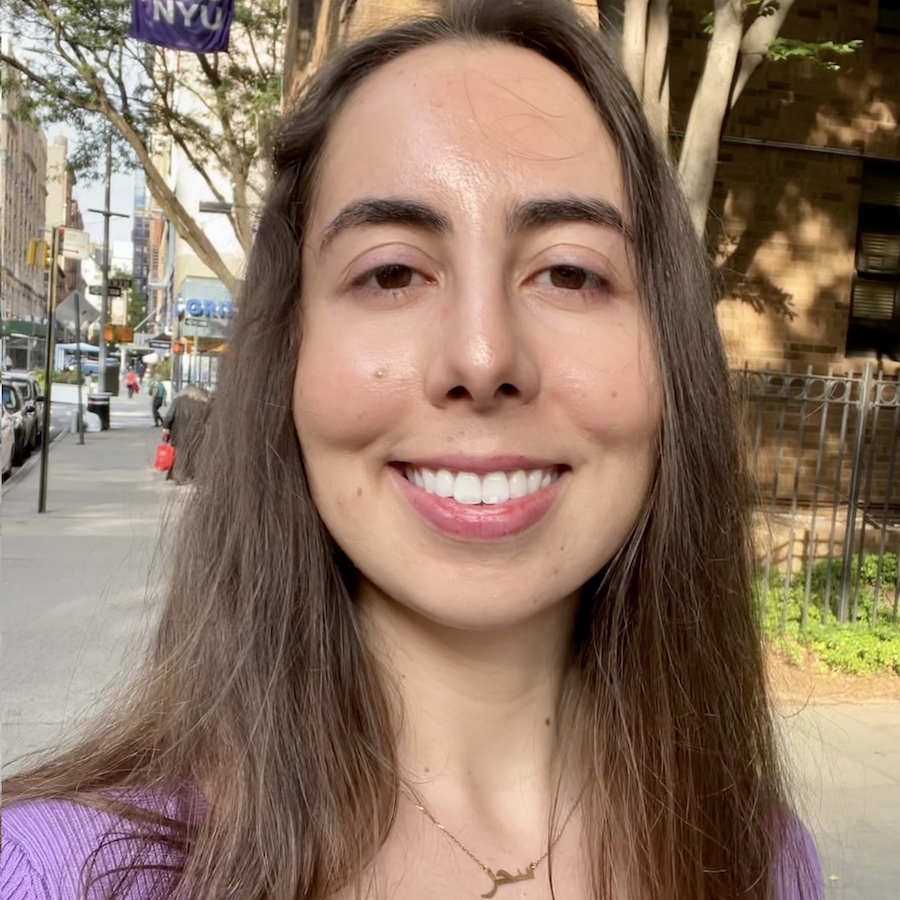
Sahar Jalal
Postdoctoral Associate
Radiology
As the Weill Cornell Medicine PDA co-president co-founder of the anti-discrimination committee, I have experienced first-hand both the positive changes a university-sponsored postdoc organization can make, as well as the limits of our advocacy without the ability to bargain collectively with the Cornell administration. With a union, Cornell would have a legal obligation to negotiate with us over critical issues such as childcare, salaries, immigration, and a more inclusive environment for women and underrepresented folks in STEM, all of which directly affect our working conditions and well-being. I believe that now is the time to develop a long-term solution where the postdoc community has an equal say and greater agency in these and other areas.

Udayan Bhattacharya
Postdoctoral Associate
Pathology & Lab Medicine
I am a postdoctoral researcher investigating the role of a few proteins on Patient derived organoid and cancer cells plus normal cells. I moved from India to New York City four years back, right before the start of the COVID-19 pandemic. As a family man with two kids, I have faced initial and continual hardships in NYC, the most expensive city of the world, due to WCM’s inadequate salary structure. Having a union would be important so that we can better our standard of living, as well as combat discrimination, and negotiate for improved benefits.

Shubha Bevkal Subramanyaswamy
Postdoctoral Associate
Medicine
While I am fortunate to have a supportive PI who values work-life balance and fair wages, I recognize that postdoc benefits and conditions vary across labs, and many are not so lucky. These variations can create major barriers to our ability to do quality research, as many of us are forced to deal with challenges like job insecurity, low pay, limited career prospects, and inadequate benefits without institutional support. I support a postdoc union to ensure equitable access to competitive salaries, respectful work expectations, and stronger support for housing and childcare, so we can focus on scientific creativity, research, and professional growth rather than budgeting.
